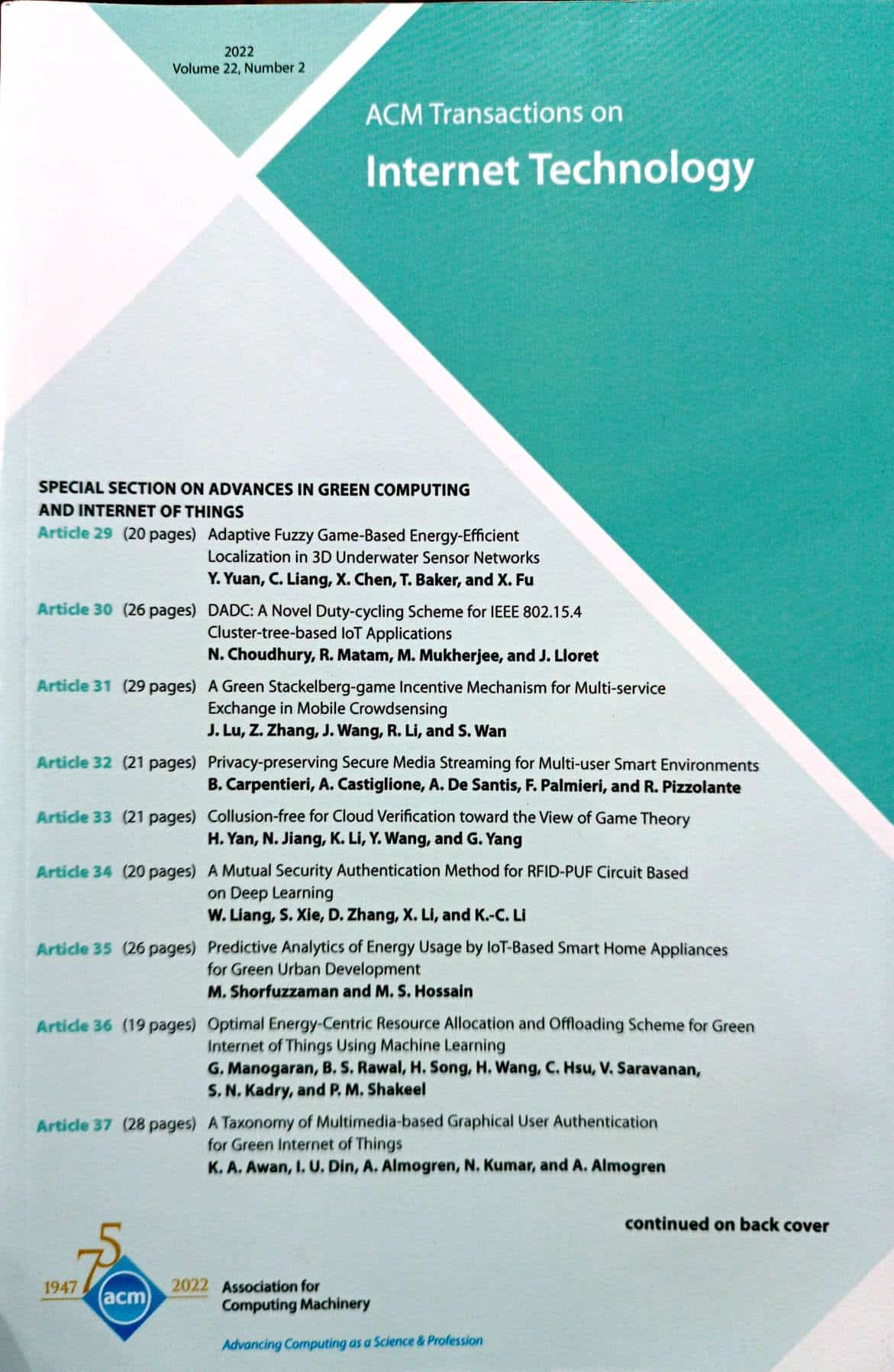Breaking Bad: Quantifying the Addiction of Web Elements to JavaScript
IF 4.1
3区 计算机科学
Q2 COMPUTER SCIENCE, INFORMATION SYSTEMS
引用次数: 0
Abstract
While JavaScript established itself as a cornerstone of the modern web, it also constitutes a major tracking and security vector, thus raising critical privacy and security concerns. In this context, some browser extensions propose to systematically block scripts reported by crowdsourced trackers lists. However, this solution heavily depends on the quality of these built-in lists, which may be deprecated or incomplete, thus exposing the visitor to unknown trackers. In this article, we explore a different strategy by investigating the benefits of disabling JavaScript in the browser. More specifically, by adopting such a strict policy, we aim to quantify the JavaScript addiction of web elements composing a web page through the observation of web breakages. As there is no standard mechanism for detecting such breakages, we introduce a framework to inspect several page features when blocking JavaScript, that we deploy to analyze 6,384 pages, including landing and internal web pages. We discover that 43% of web pages are not strictly dependent on JavaScript and that more than 67% of pages are likely to be usable as long as the visitor only requires the content from the main section of the page, for which the user most likely reached the page, while reducing the number of tracking requests by 85% on average. Finally, we discuss the viability of currently browsing the web without JavaScript and detail multiple incentives for websites to be kept usable without JavaScript.《绝命毒师:量化Web元素对JavaScript的依赖
虽然JavaScript将自己确立为现代网络的基石,但它也构成了主要的跟踪和安全向量,因此引发了关键的隐私和安全问题。在这种情况下,一些浏览器扩展建议系统地阻止由众包跟踪列表报告的脚本。然而,这个解决方案在很大程度上依赖于这些内置列表的质量,这些列表可能被弃用或不完整,从而将访问者暴露给未知的跟踪器。在本文中,我们通过研究在浏览器中禁用JavaScript的好处来探索另一种策略。更具体地说,通过采用如此严格的策略,我们的目标是通过观察网页破坏来量化组成网页的web元素的JavaScript成瘾程度。由于没有检测此类破坏的标准机制,我们引入了一个框架,在阻止JavaScript时检查几个页面特性,我们部署该框架来分析6384个页面,包括登陆页面和内部网页。我们发现,43%的网页并不严格依赖于JavaScript,超过67%的网页可能是可用的,只要访问者只需要页面的主要部分的内容,用户最有可能到达的页面,同时减少了85%的跟踪请求的数量平均。最后,我们讨论了目前在没有JavaScript的情况下浏览网页的可行性,并详细介绍了在没有JavaScript的情况下保持网站可用性的多种激励措施。
本文章由计算机程序翻译,如有差异,请以英文原文为准。
求助全文
约1分钟内获得全文
求助全文
来源期刊

ACM Transactions on Internet Technology
工程技术-计算机:软件工程
CiteScore
10.30
自引率
1.90%
发文量
137
审稿时长
>12 weeks
期刊介绍:
ACM Transactions on Internet Technology (TOIT) brings together many computing disciplines including computer software engineering, computer programming languages, middleware, database management, security, knowledge discovery and data mining, networking and distributed systems, communications, performance and scalability etc. TOIT will cover the results and roles of the individual disciplines and the relationshipsamong them.
 求助内容:
求助内容: 应助结果提醒方式:
应助结果提醒方式:


